Understanding Softening Point Apparatus
A softening point apparatus is a specialized instrument designed to assess the temperature at which certain materials, particularly bitumen, exhibit a specific degree of softening under controlled conditions. This device is crucial in industries where material consistency and performance at varying temperatures are essential. The apparatus typically consists of a heating unit, containers, and supports, ensuring precise measurement of the softening point.
Types and Applications
There are various types of softening point apparatus models, each suited for different industrial applications. The Ring-and-Ball apparatus is one of the most common types used in asphalt and polymer testing. These devices are integral in construction, material manufacturing, and quality control laboratories, where understanding material behavior at elevated temperatures is vital.
Features and Materials
A softening point apparatus is typically constructed from robust materials capable of withstanding high temperatures and consistent use. Stainless steel and heat-resistant glass are commonly used components, ensuring durability and reliability. Advanced models may feature digital temperature displays and automated recording systems, enhancing the precision of the softening point determination.
Advantages of Using a Softening Point Apparatus
Utilizing a softening point apparatus offers several advantages. It provides a clear indication of the temperature at which a material transitions from a solid to a viscous state, which is critical for material specifications and quality assurance. Moreover, it aids in predicting the performance of materials under temperature fluctuations, contributing to the development of products with better durability and longevity.
Selection Considerations
When selecting a softening point apparatus, it is important to consider the specific requirements of the intended application. Factors such as temperature range, accuracy, ease of use, and maintenance should be evaluated. Additionally, compatibility with existing laboratory equipment and the type of materials to be tested are also crucial considerations.
Conclusion
The softening point apparatus is an indispensable tool in material testing, providing valuable insights into material properties. While Alibaba.com hosts a diverse range of apparatus options, it is essential to choose the appropriate device based on the application's specific needs and the features of the apparatus. With a careful selection process, users can ensure accurate and reliable material testing outcomes.

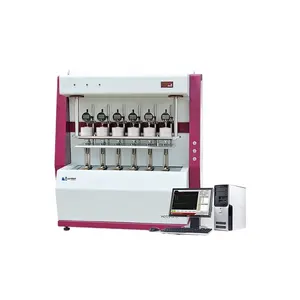



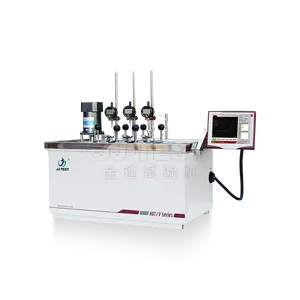




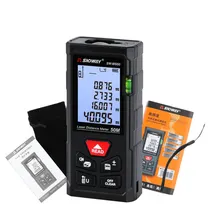



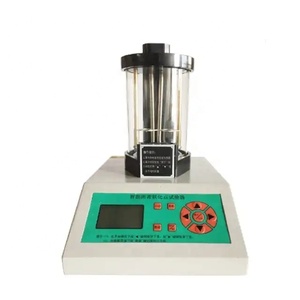


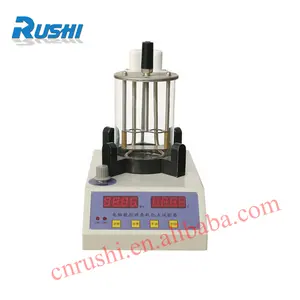












 浙公网安备 33010002000092号
浙公网安备 33010002000092号 浙B2-20120091-4
浙B2-20120091-4